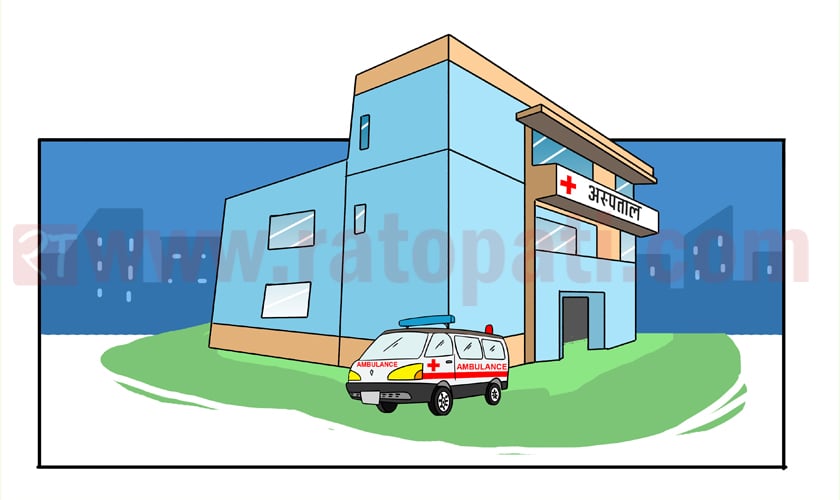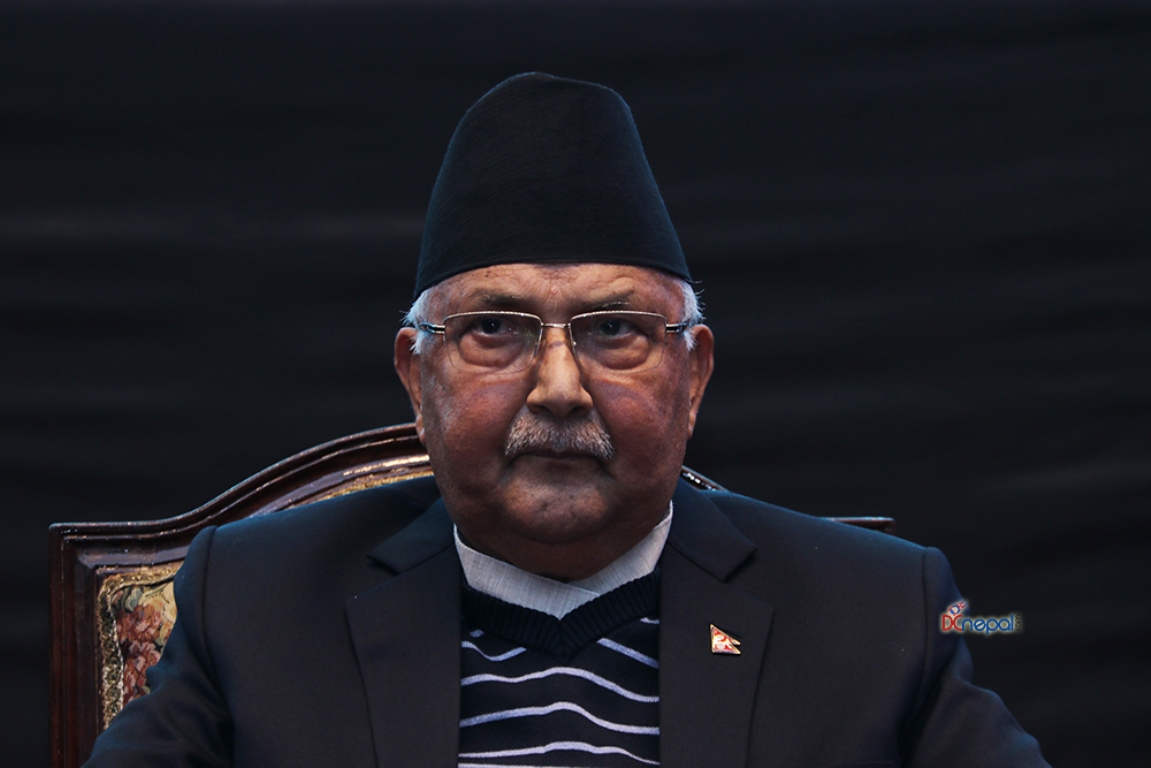Nepal’s Deficient Political Institutions Equals Poor Economic Performance

By Shashi P.B.B. Malla
Three leading experts have established from long-term research at the American universities MIT and in Chicago, that there is a strong co-relation between strong, functioning political institutions and economic development.
For this outstanding research, the professors Daron Acemoglu, Simon Johnson, and James Robinson have been awarded this year’s Nobel Prize for Economics [see our main article on page 4].
The Nobel Committee praised the trio for explaining why “societies with a poor rule of law and institutions that exploit the population do not generate growth or change for the better”.
Although Nepal was not specifically part of the experts’ research, their findings do have much relevance for explaining why Nepal lags behind many developing countries generally, and South Asia particularly.
We have to take a holistic approach to explaining Nepal’s poor performance in economic and political development.
The historical and geographical parameters are paramount.
In the societal elements come the leadership qualities of those who are or claim to be the leading decision-makers.
In the colonies of the Western powers, it was the imperialists who framed policy and established [or did not do so] institutions.
In Asian countries, which were not colonies, oriental despots held sway. Many had subservient relations with the imperial powers.
Nepal is a case in point.
With sheer tenacity – and the spilling of much blood – it narrowly avoided becoming a British colony.
Nonetheless, the Rana oligarchy ruthlessly exploited the natural resources of the country for personal gain, but did little to establish physical infrastructure and political, educational and health institutions.
With the Revolution of 1950/51 and the dawn of the new era, power shifted to “the people”.
As regards ‘development’, Nepal had to start from scratch.
It experimented with various forms of so-called ‘democracy’, which according to Aristotle, the father of Political Science,
is the worst form of government!
Nepal’s present incarnation of democracy – the so-called Loktantra, or people’s rule/democracy has turned out to be a hoax of the highest order.
People’s participation is of the lowest denomination.
Most political institutions are dysfunctional to a high degree.
Corruption is rampant from top to bottom. Politicians are leading by example – but in a negative sense!
Good governance is a chimera. Instead of being served, the people are being exploited.
Fresh elections will not bring succor.
Thus, there is no way out of the crisis, but radical change brought about by a new people’s movement – peacefully!
The current government structure of the Himalayan Republic is a house of cards.
We badly need an interregnum of about two years led by an expert team of technocrats to chart a new path for the nation, and also have intense internal discussions regarding the form of government and the structure of the state.
But first there must be regime change to pave the way.
The writer can be reached at: shashipbmalla@hotmail.com





